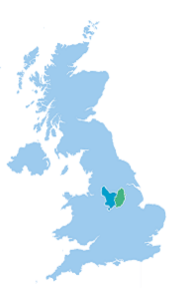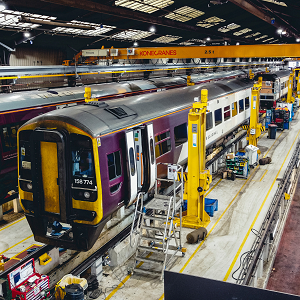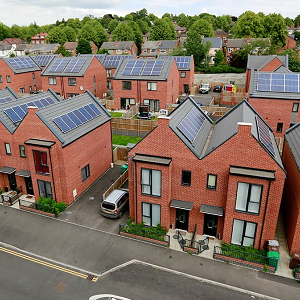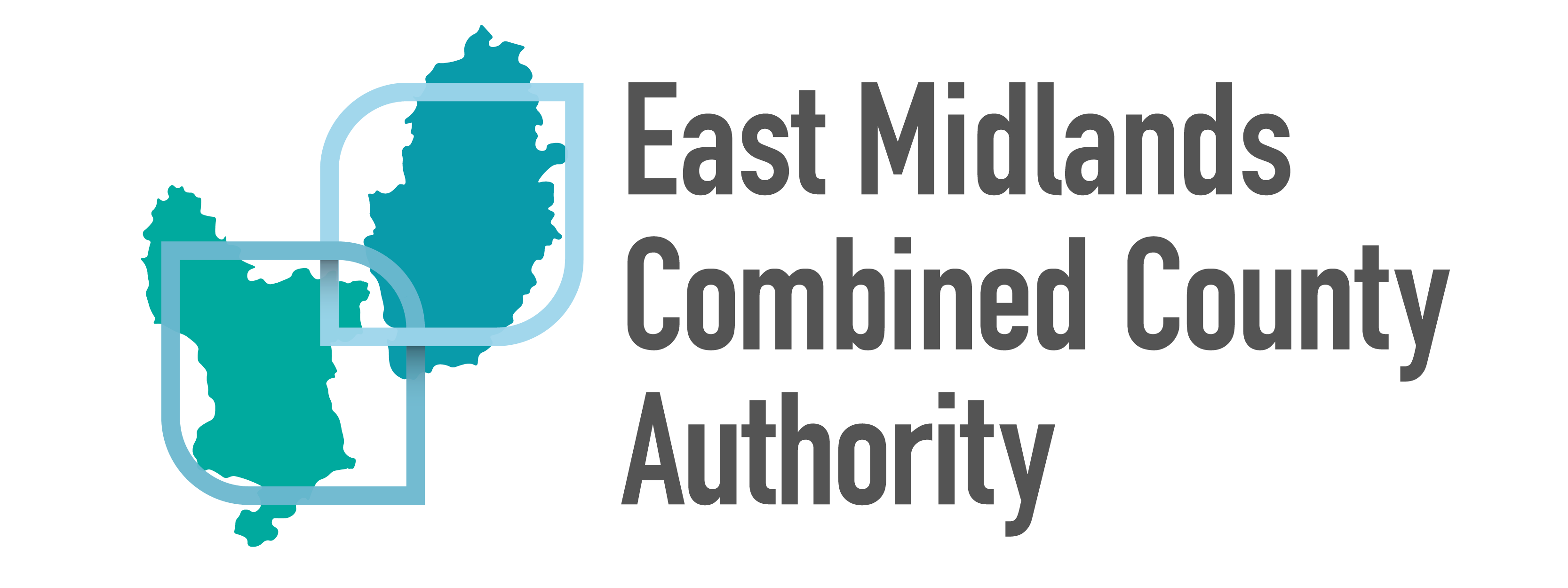A VOICE FOR THE REGION
Our first regional Mayor
On Thursday 2 May 2024, you voted to elect Claire Ward as your new Mayor of the East Midlands.
The regional mayor will give us a bigger voice, more influence, and a higher profile across the country. It will create a single point of contact for businesses and other organisations looking to move into our region or expand.
The regional mayor will help us speak with one voice and help us make a strong case to the Government for more investment in the East Midlands.
The mayor was directly elected by residents in Derbyshire, Nottinghamshire, Derby and Nottingham, giving them more influence over issues which affect them.


Building on our strengths
Derbyshire, Nottinghamshire, Derby and Nottingham have a combined population of 2.2 million people and contribute £50.5 billion to the UK economy in terms of GVA (Gross Value Added).
The area has more than 88,000 businesses providing over 930,000 jobs in sectors with potential for growth, including advanced manufacturing, engineering, clean energy, logistics, creative and digital, education, health, pharmaceuticals, and wholesale and retail trade.
The region is home to Toyota UK, Rolls Royce, Alstom, and Boots, as well as the University of Derby, Nottingham Trent University, and the University of Nottingham, which provide centres of research excellence with expertise in aerospace, rail, life sciences, and strong transport links.
The area is home to major tourist attractions including the Peak District National Park, the National Forest, Nottingham Castle, Derby’s Silk Mill and Sherwood Forest.
There are major strategic opportunities presented through the East Midlands Freeport, the East Midlands Development Corporation, and the announcements in the Integrated Rail Plan on HS2.
The two cities and counties are geographically close and already work closely together on many collaborative large-scale initiatives.
Helping to overcome the challenges we face
Productivity in the East Midlands is behind the UK average – we need an increase of 14.6% to close the gap.
Public spending per person has historically been below the UK average.
There are areas within our region with high levels of poverty and poor social mobility, with 219,600 people living within the most deprived 10% of areas across England.
The area has seen a shortage in housing supply. An estimated 9,200 homes a year are required to meet local need and in the last 5 years, an average of 8,500 homes a year have been completed. Should this trend continue we are likely to see a shortfall of over 6,500 homes over the next 10 years.
More local powers will help us tackle these challenges and harness the true economic potential of our area, for the benefit of everyone who lives here, and which would also benefit the whole country.
Devolution for the East Midlands would give us more control and flexibility to respond to local needs including transport, skills training, regenerating our villages, towns, and cities, and more.

